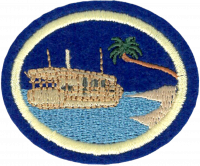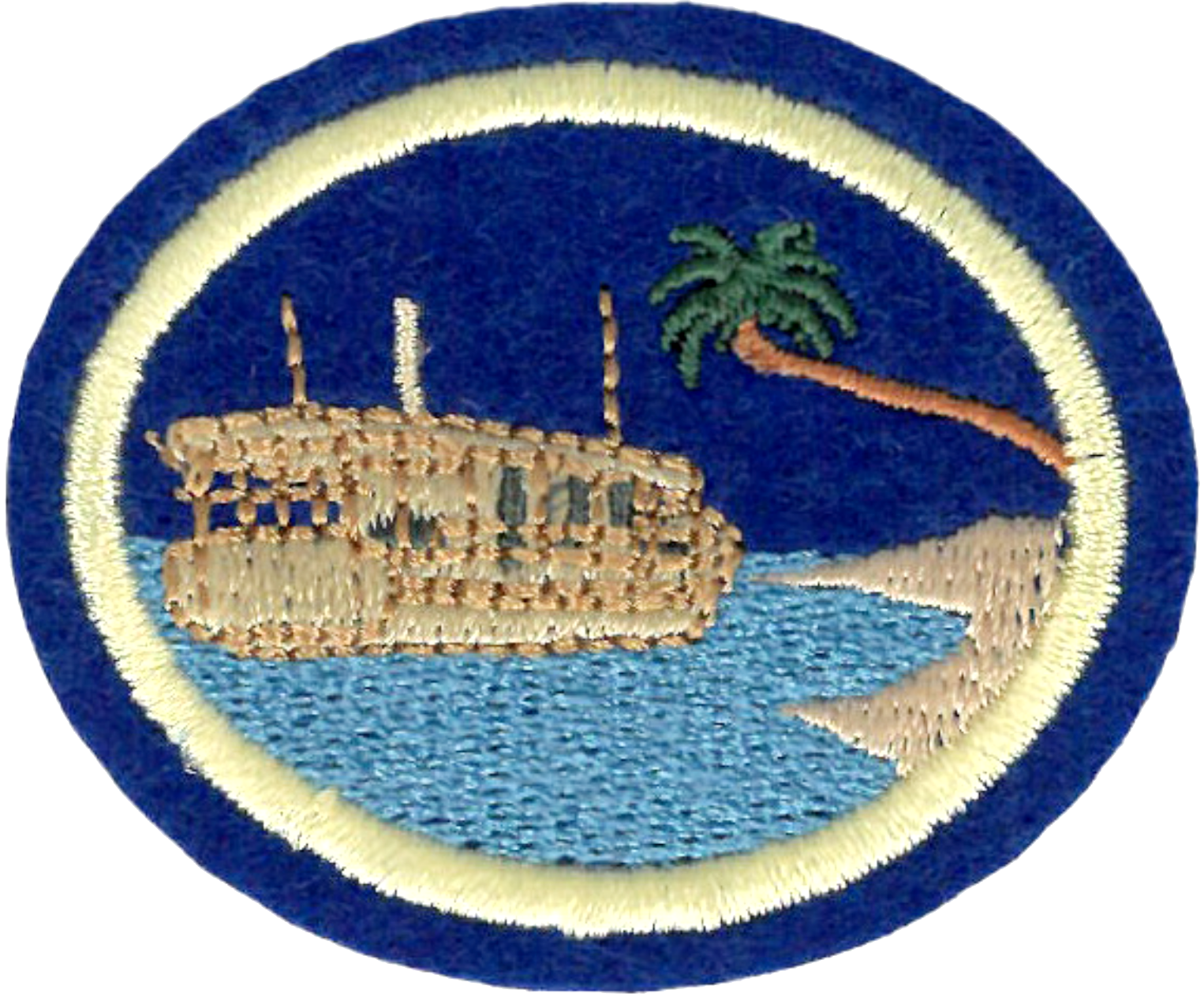AY Honor Early Adventist Missionaries Requirements
Skill Level
2
Year
2025
Version
20.02.2026
Approval authority
North American Division
1. Individually or with a group, explore what makes someone a missionary. Develop a list of at least five behaviors that might be true of a missionary. Rank these five (or more) in order from most to least essential to be a “missionary.”
2. Discuss with a group or summarize creatively why you think Matthew 28:19-20 is a key passage for missionaries and their calling to share the story of Jesus with people of “all nations.”
3. Define the following as the terms relate to missionary endeavors:
- a. Missionary
- b. Culture
- c. Ethnicity
- d. Cultural sensitivity
- e. Culture shock
- f. Practices and values
- g. Self-supporting missionaries
- h. Sponsored missionaries
4. Explain why early Adventist leaders resisted doing missionary work and explain how their understanding changed from “shut door” to “open door.”
5. Choose one of the following activity options to tell the story of each of the following missionaries/mission stories. Explain why this part of the Adventist Mission story is important to people today.
► Option 1: Draw a detailed comic strip
► Option 2: Create a social media video, clip, or other storytelling post
► Option 3: Tell the story to a friend or church member
► Option 4: Create a colorful storybook for small children
► Option 5: Perform a multi-scene skit for a group
► Option 6: Write a multi-verse poem or lyric
► Option 7: Create a series of journal entries that could have been written to someone “back home” regarding their missionary work, struggles, and accomplishments
► Option 8: Another approved option from your instructor
- a. Merritt G. Kellogg, J. N. Loughborough and D. T. Bourdeau established the first mission in California in 1859/1868.
- b. Michel B. Czechowski, European missionary (sponsored by Advent Christians).
- c. J. N. Andrews, his children Mary and Charles who left for Europe.
- d. James Edson White, who developed a boat to do missionary work along the Mississippi River to the formerly enslaved persons in the southern US.
- e. Another missionary who brought Adventism to your country, state, province, or region of the world/country.
- f. The individual(s) who shared the Adventist message with you and your family.
6. Research how missionaries can learn to become sensitive to various cultures and languages:
- a. List or explain several ways how missionaries work in culturally sensitive ways to demonstrate value and respect for the people they are trying to reach.
- b. Create a list of at least five cultural differences or ethnic barriers that may inhibit someone’s ability to share their faith. Rank them in order for your culture and for the culture of another person from another part of the world. Be able to defend your rankings.
- c. Create a convincing argument of the advantages of having a person serve as a missionary to their own culture rather than having a missionary come from another culture to share the Adventist message with a different culture than their own.
- d. Summarize how Paul practiced cultural sensitivity on spreading the gospel message according to 1 Corinthians 9:19-23.
7. Missionaries come from a wide variety of backgrounds and cultures and have served as missionaries across many different cultures, times, and places. Find at least three examples from different parts of the world of missionaries going from one culture to share their faith in another culture. What challenges did they experience? How did they overcome those challenges?
8. Give examples of early modes of transportation and the length of time it took for early missionaries to reach the places they intended to go. What supplies and resources were needed for their trip? What did they bring or not bring? Pretend you were a missionary during the early Adventist missionary period and create a presentation of a missionary location you would travel to, what kind of transportation you would use to get there, a map of the route you would take to travel there, how long it might take, and a packing list of what you would need to take.
9. Explain the difference between self-supporting and sponsored missionaries. How have each contributed to expanding the Adventist missionary presence in various places around the world? Participate in a debate regarding the advantages and disadvantages of self-supporting versus sponsored missions.
10. Complete any two of the following projects individually or as a group:
- a. Read a short missionary biography and write a summary or give a devotional to your club.
- b. Interview someone in your congregation, if such a person is available, who has served in a cross-cultural missionary context. Conduct an oral history or interview that is recorded and transcribed.
- c. Interview a current Adventist missionary and ask how they were inspired by earlier Adventist missionaries.
- d. Create a timeline or diorama featuring early Adventist missionaries and how Adventism was established in that country or region of the world. Display this at church or school.
- e. Choose two Adventist missionaries from two different parts of the world. Compare and contrast these missionaries and how they went about doing their missionary work and their life contributions. Create a display or series of dioramas that shows your comparisons and contrasts in a visual/graphical way.
- f. f. Locate the grave of an early Adventist missionary. If allowed, maintain and/or decorate the grave (making sure to follow all local laws). Post information about this missionary on a website that registers graves (such as findagrave.org). Share your experience intentionally with others.


